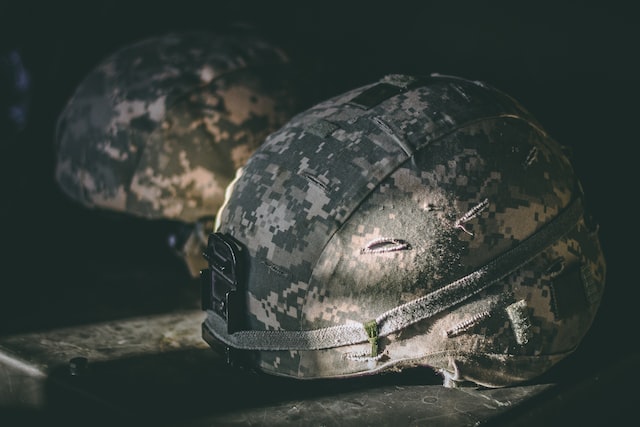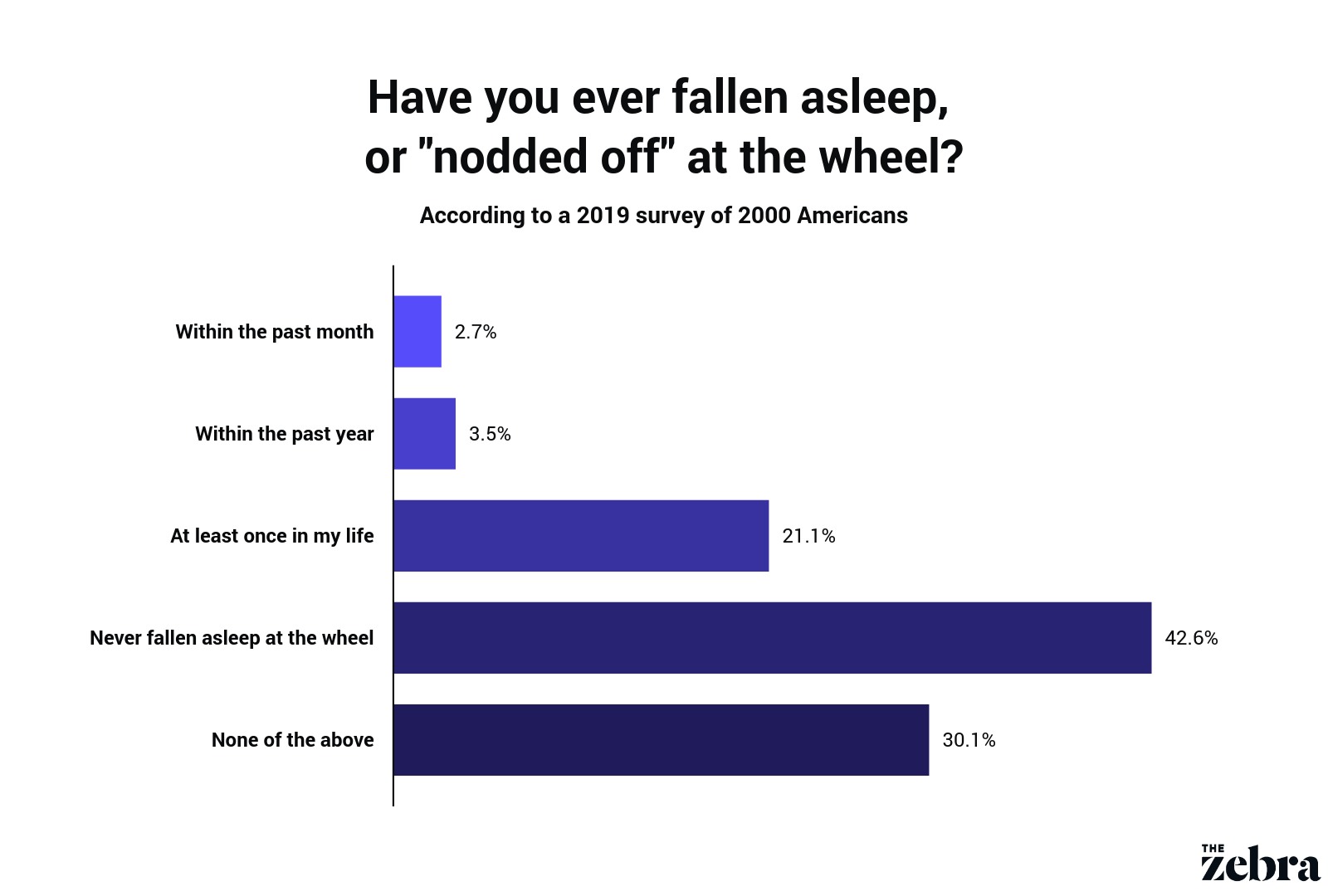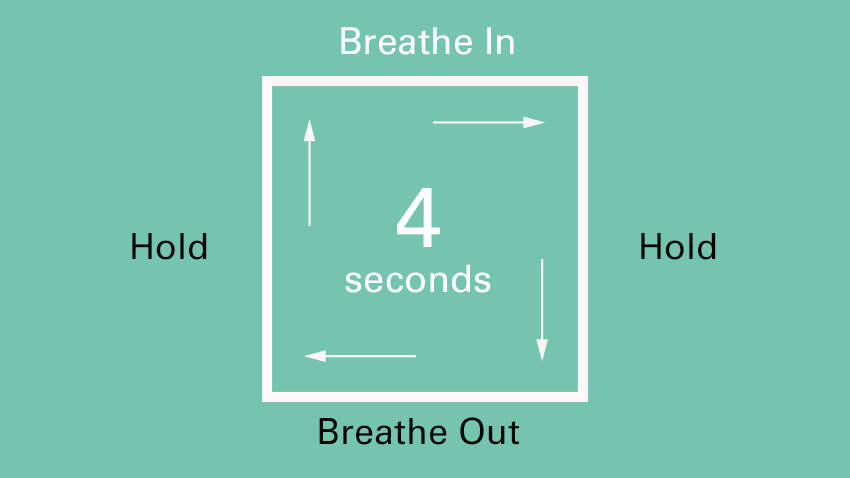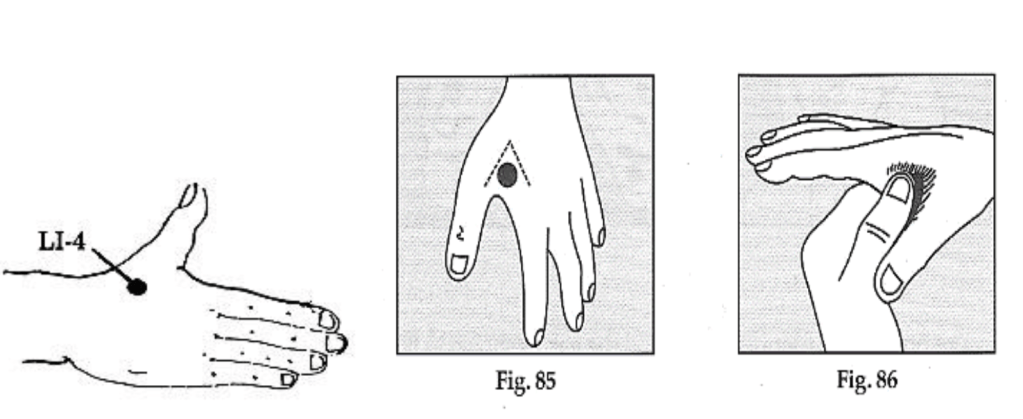Falling short on sleep may not seem like that big of a deal, but it quickly disrupts productivity and wellbeing.
While you may think that being awake longer equates to getting more done, the opposite is true.
In fact, research shows that people who regularly get less than five hours of sleep are 30 percent less productive than those who sleep for the recommended seven to eight hours per night.
What if you can’t get any good shut-eye? Insomnia is the most common sleep disorder – nearly one-third of adults experience short-term insomnia.
While insomnia plagues people from all walks of life, military personnel are often faced with the inability to get quality sleep.

The stress and challenges associated with a fast-paced, high-stakes working environment easily leads to sleepless nights.
However, being sleep deprived during active duty is a recipe for disaster, as sleep deprivation is known to cause fatal errors.
That’s why military sleep systems exist to help prevent insomnia and help military personnel achieve quality sleep.
We’ve rounded up the best five military sleep systems. Before we examine each one, let’s first discuss the life-threatening dangers of sleep deprivation.
Sleep Deprivation is Life Threatening
Believe it or not, chronic lack of sleep can either directly or indirectly cause death.
We need sleep just as much as we need food and water. Chronic sleep debt is known to cause irritability, decreased focus, a weakened immune system, and an increased risk of accidents.
It only takes just 17 hours of wakefulness for cognitive abilities to dwindle. Once you hit 18 hours without sleep, your level of impairment is comparable to someone with a blood alcohol level (BAC) of 0.05 percent, making everyday tasks like driving extremely dangerous.
If that wasn’t already frightening enough, around 21 percent of drivers say they’ve nodded off at the wheel at least once.
According to the National Highway Traffic Safety Administration, drowsy driving leads to 100,000 crashes every year.
Regarding fatal crashes, experts believe that drowsy drivers are responsible for up to 33 percent of all deaths.
Microsleeps are the culprit behind most of the fatalities associated with accidents caused by lack of sleep.
After periods of sleep deprivation, microsleeps lead to involuntary periods of partial loss of consciousness.
No group is more privy to the dangers of impaired sleep than the military. Avoiding fatal mistakes is vital within the working environments of all military personnel.
It makes sense, then, that entire military sleep systems exist to offer tricks and tips for falling and staying asleep.
One of the most notable is “The Military Method,” which recently gained popularity online.
#1: The Military Method
The Military Method, which gained notoriety on TikTok as a military sleep system used by the army, is said to have a success rate of a whopping 96 percent.
Those who utilize this method swear that repeating the steps helps them nod off within around two minutes.

To practice this method, begin by relaxing your face and mouth muscles. Then, drop your shoulders down and place your hands at the side of your body.
From here, exhale and relax your chest. Move on to relaxing your legs, thighs, and calves.
Clear your mind and imagine a calming, relaxing scene like a beach, river, or other soothing imagery for at least ten seconds.
If you find that your mind is still racing, repeat the words “don’t think” over and over.
The foundations of this method rely on breathwork, muscle relaxation, and visualization, which are all proven to support the mindset shift you may need to fall asleep.
On the other hand, the Navy SEAL sleep technique includes body positioning that allows for a short nap known to offer restorative sleep comparable to a full night’s rest.
#2: The Navy SEAL Sleep Technique
The Navy SEAL sleep technique is used by Navy SEALs to achieve short, restorative naps that help personnel stay alert when short on sleep.
While this technique isn’t intended to be used as a substitute for sleep, it can help you wind down before bed or feel more alert if you’re crunched on time after a bad night’s rest.
Naps are proven to reduce daytime sleepiness while boosting performance, reaction times, and learning – and this practice helps personnel optimize napping to its full potential.
This technique involves placing the body in a position with the legs elevated at a 90-degree angle.
@somnifix Power nap like a #navyseal with this #sleeptechnique 💤 #powernap #militarysleepmethod #didyouknow #learnontiktok 🎥: @Jake Crossman ♬ original sound - Somnifix
To practice this technique, lay down on the floor and rest your feet on a chair or the side of your bed.
Set an alarm for eight to 12 minutes. Close your eyes and nap. Upon waking, you should feel renewed, helping you gain at least some alertness and cognitive awareness back after a poor night’s sleep.
Certain breathwork practices can help place you into a state of relaxation, helping you doze off.
Box breathing is commonly favored among special forces as an effective way to keep a handle on challenging thoughts and emotions.
#3: Box Breathing
Box breathing, also known as four-square breathing, is known to reduce stress by activating the parasympathetic nervous system, taking the body and mind out of fight or flight.
Members of the armed forces use controlled breathing to help keep their emotions under control when faced with challenging situations.
To practice box breathing, begin in a relaxed position (like seated in your bed).
Sit upright and exhale all of the oxygen from your lungs. From here, inhale slowly through your nose for four seconds.
Fill up your lungs entirely, focusing on directing the air to your diaphragm deep in your stomach. Hold your breath for four seconds, then exhale for four seconds.
As you exhale, expel all of the air from your diaphragm. Upon exhaling, hold your breath for another four seconds before restarting the entire process again.
Repeat this cycle for several minutes until your mind and body feel calm, making restful sleep more achievable.
Combine this method with acupressure for optimal stress reduction.
#4: Acupressure
Acupressure is proven to reduce soldiers’ anxiety in stressful circumstances, especially the LI4 point located between the thumb and pointer.
While LI4 isn’t as popular as other acupressure points for promoting sleep (like The Anmian point) it is known to relieve headaches, stress, and muscle tension to help you drift off.
To find LI4, feel for the fleshy part of your hand where the base of the thumb and first finger meet.
This “V” shape may feel a bit achy to the touch at first. Begin massaging this spot with circular pressure for several minutes.
Repeat as needed to relax aching muscles or get rid of any tension that may keep you up at night. This acupressure point is also known to help regulate digestion!
Finally, look down. The last military sleep system known to help improve the quality of your rest is just under your nose…because itis your nose!
#5: Practice Nasal Breathing Over Mouth Breathing
While there is still much to learn about the science of nasal breathing, the body produces a powerful molecule known as nitric oxide during nasal breathing.
Nitric oxide is a vasodilator, antiviral, and stress-reducing molecule that helps improve oxygenation while placing the body in a relaxed state.
Mouth breathing doesn’t offer nitric oxide production, nor does it offer the same filtration and humidification that nasal breathing provides.
Our small nose hairs, called cilia, trap harmful particles and pathogens, preventing them from entering the body.

Additionally, nasal breathing protects the oral microbiome by preventing the evaporation of saliva, which acts as a barrier between the teeth and acidic, cavity-causing plaque.
It’s no surprise, then, that nasal breathing is valuable in many cultures across the world. In traditional India, children are trained from birth to nasal breathe instead of mouth breathing.
Moreover, the Indian military teaches its personnel to nasal breathe during exercise and sleep for improved immunity.
The Indian army has even shared yoga practices and breathwork techniques with the U.S. Army to help manage stress.

So how can the average person make the transition from mouth breather to nasal breather – especially during sleep?
Mouth tape.
Mouth breathing is not only hard on the body; it also causes snoring that fragments sleep. Nasal breathing, however, helps prevent open-mouth snoring.
By taping your mouth shut before bed, you’ll nasal breathe all night long, eliminating your chances of disrupted sleep caused by pesky snoring.
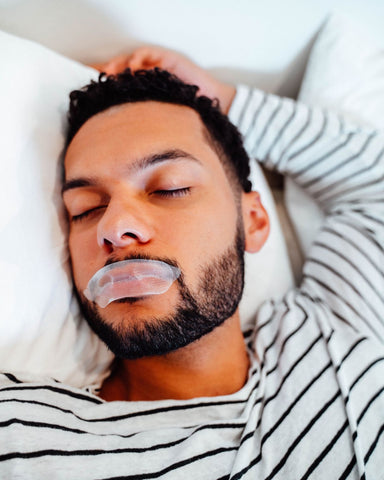
You’ll wake up refreshed and renewed, as nitric oxide produced during nasal breathing activates the parasympathetic nervous system.
Before you grab just any tape, consider that SomniFix creates comfortable Mouth Strips with a gel-like adhesive that’s safe for any skin type.
That means no irritation or rashes! Our Strips are also created with the environment in mind, as each strip and packaging is recyclable.
Furthermore, SomniFix offers a small breathing vent in the center of our Strips to allow for oral airflow if you become severely congested overnight.
Nasal breathe like a soldier with the help of SomniFix tonight!
